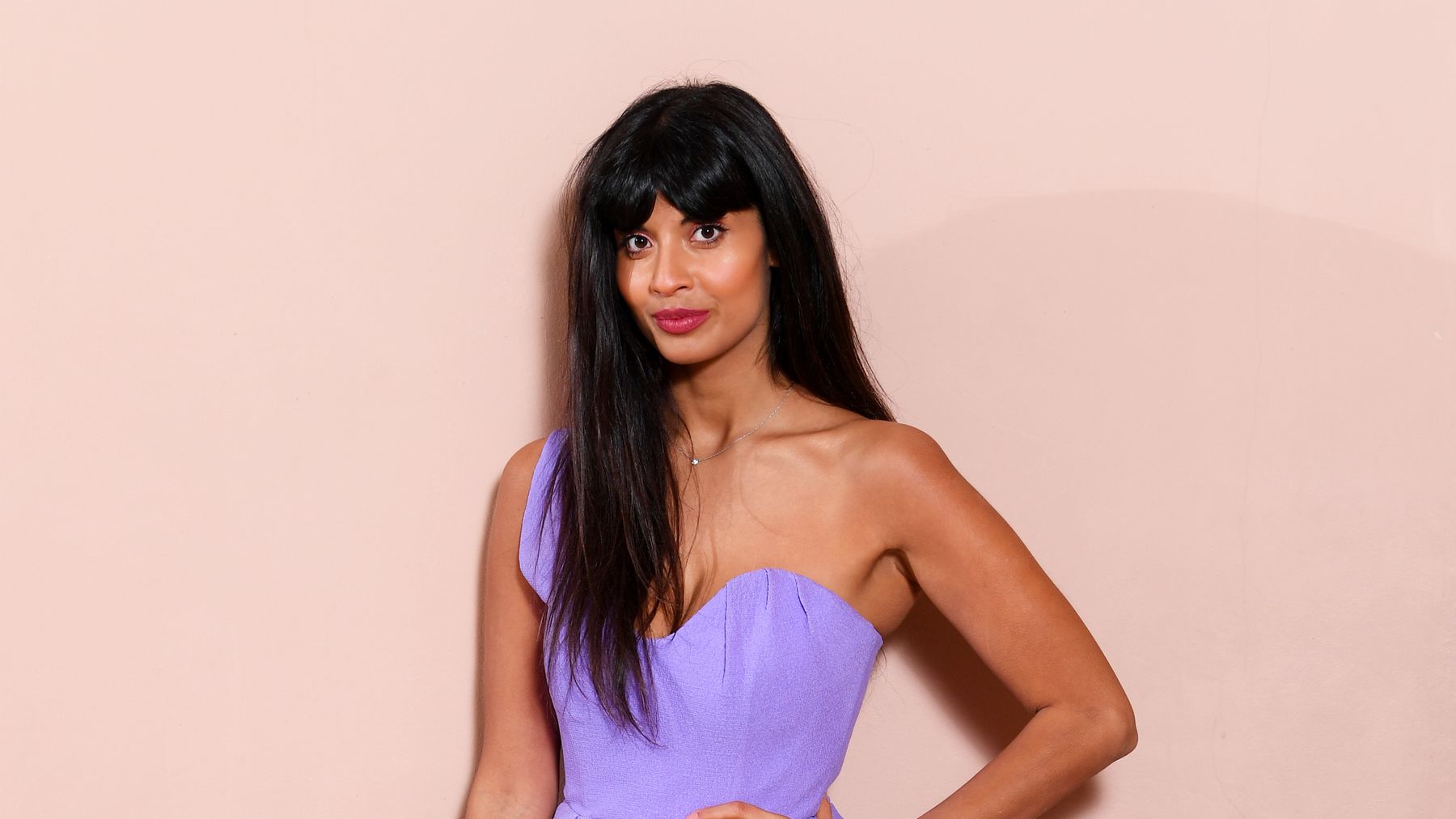Jameela Jamil is waging war on diet and weight loss product advertisements that persistently infiltrate our Instagram feeds via social media influencers. From detox teas, to magic tablets to super shakes, the promise of miraculous weight loss and the allure of perfectly airbrushed bodies draw in many hopeful buyers.
Jameela has campaigned for body positivity on social media after becoming fed up of people being judged by their bodies and weight. To combat the issue, she created the I Weigh page, which invites Instagram users to focus on character rather than body traits they admire about themselves. It has erupted into an online movement with an impressive 861K followers on Instagram.
Recently, Jameela and her followers celebrated a victory after Instagram changed its policy on advertisements and posts surrounding diet and weight loss products, as well as those promoting aesthetic and cosmetic procedures. Posts containing any such content will no longer be visible to users aged under 18, and any advertisements promoting unrealistic weight loss will also be removed.
Many social media influencers, such as the Kardashians and the stars of TOWIE, promote a certain specific body type rather than inclusive body confidence. They constantly bombard their followers with airbrushed versions of the industry’s standard of beauty. Unfortunately, this is having a negative impact, fostering a generation of young people plagued by low self esteem and feelings of inferiority to those who occupy their screens.
The impact that influencers have on young people is not to be underestimated; they’re called influencers for a reason. They act as role models for the thousands (if not millions) that follow them, yet many freely promote unhealthy eating habits and sell pills promising unfeasible weight loss. The effects of these posts often run even deeper. Low self esteem is often accompanied by anxiety and depression, potentially encouraging harmful behaviour such as yo-yo dieting, eating disorders and even self harm.
Although low confidence, low self esteem and poor body image can affect all ages, statistics have shown that this problem is significantly higher in those aged 18-24. A YouGov poll found that 57% of 18 to 24-year-olds admit to having felt anxious because of their body image, compared with 30% of 45 to 54-year-olds and 20% of over 55s.
Nonetheless, 2019 has seen the rise in body positivity posts across social media platforms. Accounts such as I Weigh and Positively Perfect challenge the social media obsession with ‘the perfect body’, combat body shaming, and critique the unhealthy ‘get thin quick’ schemes advertised.
The I Weigh Instagram account encourage users to post the things that they value about themselves rather than how much they weigh or what size jeans they wear. The page promotes positive thinking, body confidence, and encourages people to focus on non-physical attributes that make them great.
These types of pages are on the rise, but more needs to be done to boycott harmful posts and advertisements. Social media giants have a responsibility to take more action on regulating the content posted on their platforms. Removing all posts which sell drastic weight loss products or promote negative body image will protect social media users from falling victim to self-hatred.
Image Credit: GRAZIA

